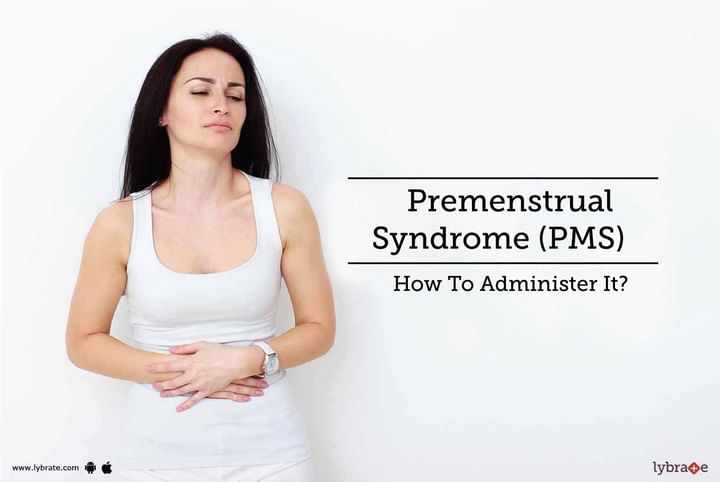Premenstrual Syndrome (PMS) - How To Administer It?
PMS or premenstrual syndrome affects women exactly prior to their menstrual cycle. This syndrome may have affects manifold, impacting a woman’s physical health, behavior and emotions. The condition is very common and affects more than 80% of the women before their monthly cycles begin.
Causes-
The exact cause of PMS is not yet ascertained. It is believed that changes in hormones in the body can lead to PMS. Before the menses start, progesterone and estrogen levels tend to dip in the body. This hormonal dip results in anxiety, anger and irritability issues. Levels of serotonin, a chemical in the brain which affects your moods and thoughts, in the body also decrease at this time. Here are certain factors which make you prone to PMS –
-
Family history of PMS
-
Being subject to domestic violence
-
Emotional and physical trauma
-
Substance abuse
-
Past history of mood disorders
Symptoms-
The menstrual cycle lasts for 28 days. On the 14th day, egg is released from the ovaries; this is known as ovulation. The bleeding or menstruation occurs on the 28th day of the cycle. Symptoms of PMS start to show up from around the 14th day of the cycle.
PMS includes signs such as abdominal cramps, bloating, acne and a sudden craving for sweet foods. Stomach disorders such as constipation and diarrhea are also common. Mental disorders such as anxiety and mild depression have also been observed.
Managing PMS Symptoms-
With PMS, one can take these steps to deal with the various signs of discomfort. Here are some remedies to deal with PMS symptoms:
-
Eat a balanced diet consisting of fruits and vegetables to get Vitamins and minerals in the required amounts.
-
Keep yourself hydrated to ease symptoms of bloating.
-
Consuming supplements of folic acid, Vitamin D and calcium can help to ease the symptoms.
-
Sleep for 6-8 hours on a regular basis.
-
Exercise regularly to beat stress and avoid bloating.
-
Try relaxation techniques to get rid of stress or at least limit stress levels.
-
Some pain killers can help combat the pain resulting from muscle aches.



+1.svg)
